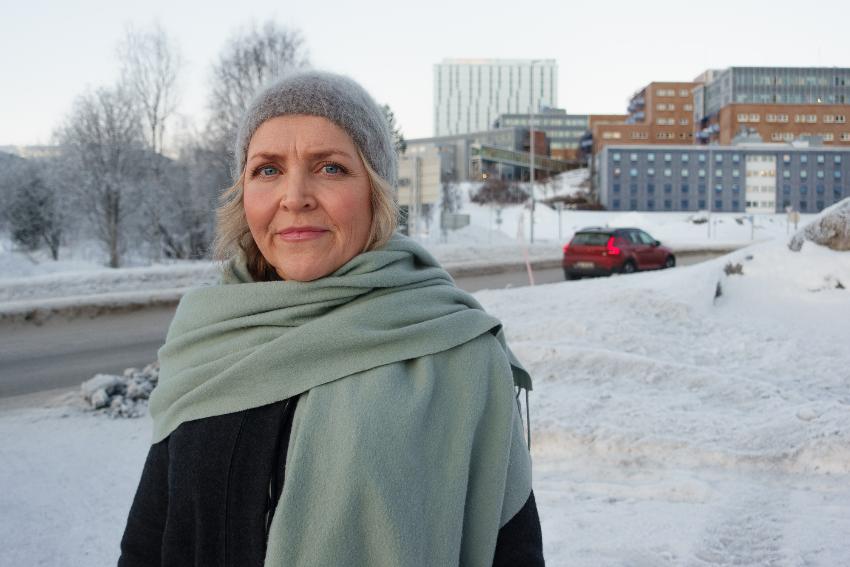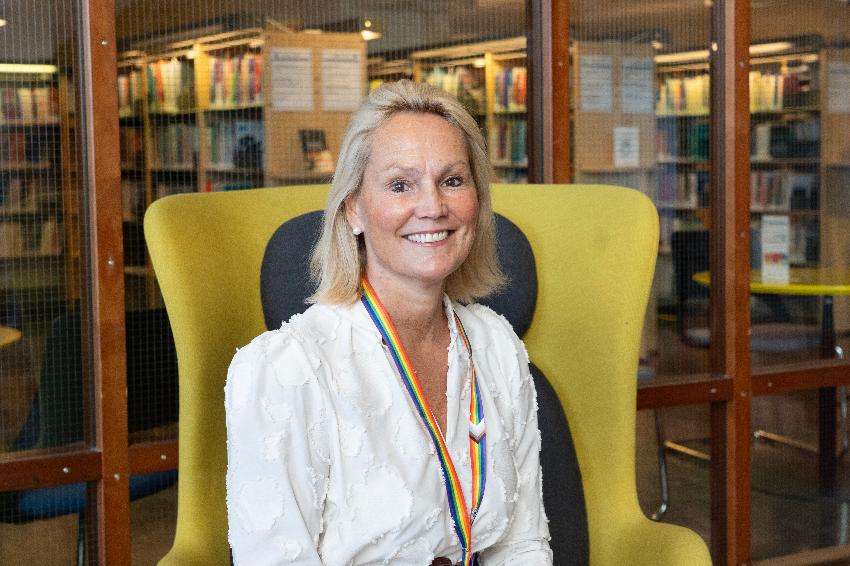Rohingya Refugees: Migration and Resettlement in times of Covid-19
How has states and civil society responded to this crisis to ensure inclusive health crisis management? Internasjonalt seminar 24.09.2020

Beginning in August 2017, more than 708,000 Rohingya minorities left Myanmar for safe refuge in neighboring Bangladesh.
Sted: Tromsø bibliotek og byarkiv, plan 2
Tid: torsdag 24. september, kl 19-21
Merk: seminaret vil bli holdt på engelsk.
Since the outbreak of the Corona Virus, we have been witnessing that Covid-19 knows no boundaries, no race and color, rich or poor. The Rohingya people have started once again to traverse by sea onward towards Malaysia and Indonesia.
Because of the pandemic and the restrictions of movement and migration control, many states push migrants and refugees to embrace a severe crisis.
- How was the pandemic affected the Rohingya health and livelihood?
- What does the future hold for the refugees?
- How has the mentioned states and civil society responded to this crisis to ensure inclusive health crisis management?
Speakers:
- Salehin Mohammad, Associate professor and academic coordinator, Center for Peace Studies at UIT- The Arctic university of Norway
- William Kweku Paintsil, Program Coordinator Resettlement, Migrant Training & Integration Support, International Organization for Migration Norway
- Janvier Nzigo, Migrant Training and Integration Support officer for International Organization for Migration Norway
- Jack Herheim, Program Director, Doctors without Borders
- Moderator: Representative for Center for Peace Studies
Due to Covid-19 we will accept a maximum of 45 participants at the seminar. In cooperation with our partner organizaions, we continue to pursue NIPHs advice regarding the infection prevention of the virus. Therefore, we ask our audience to show respect, keep necessarily distance to each other and stay at home if you are not feeling well.


